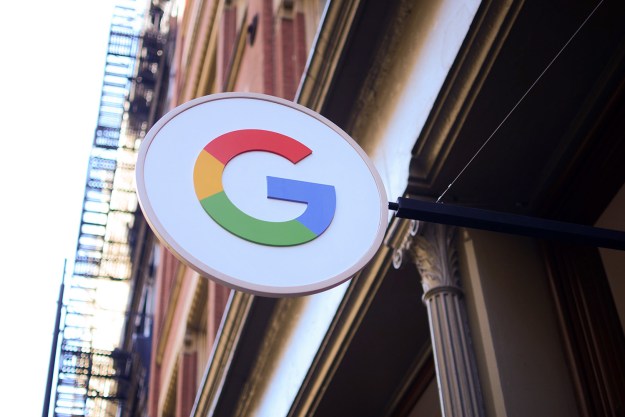
The European Commission has launched an investigation that Internet giant Google has engaged in unfair trade practices and anticompetitive behavior. The investigation may turn out to be nothing, but in recent years the EC’s competition regulators have provided rough roads for some huge technology companies, most notably Microsoft and Intel.
According to the notice the EC gave Google, the commission is responding to complains about Google’s practices from three firms: the UK price comparison site Foundem, the French legal search engine ejustic.fr, and Caio from Bing, another price comparison site that was purchased my Microsoft back in mid-2008. Apparently the sites believe they are not being ranked fairly in Google’s search results, and believe they are being deliberately snubbed so their listings don’t receive the same prominence as Google’s services and preferred partners.
The irony, of course, is that Microsoft was the subject of the EC’s most involved antitrust proceedings: it owns Caio, and helps fund an organization called ICOMP, of which Foundem is a member.
Google notes that each case in the inquiry is somewhat different, but the company denies doing anything to reduce competition and endeavors to put its users’ interest first . “Our algorithms aim to rank first what people are most likely to find useful and we have nothing against vertical search sites,” Google’s Senior Competition Counsel Julia Holtz noted in a statement. “We are also the first to admit that our search is not perfect, but it’s a very hard computer science problem to crack. Imagine having to rank the 272 million possible results for a popular query like the iPod on a 14 by 12 screen computer screen in just a few milliseconds. It’s a challenge we face millions of times each day.”
Editors' Recommendations
- 5 web browsers you should use instead of Google Chrome or Edge
- How to convert a PowerPoint to Google Slides
- Google Calendar just fixed one of its most irritating bugs
- Google Bard avoids the critical flaws of Bing Chat
- You can now try out Google’s Bard, the rival to ChatGPT


